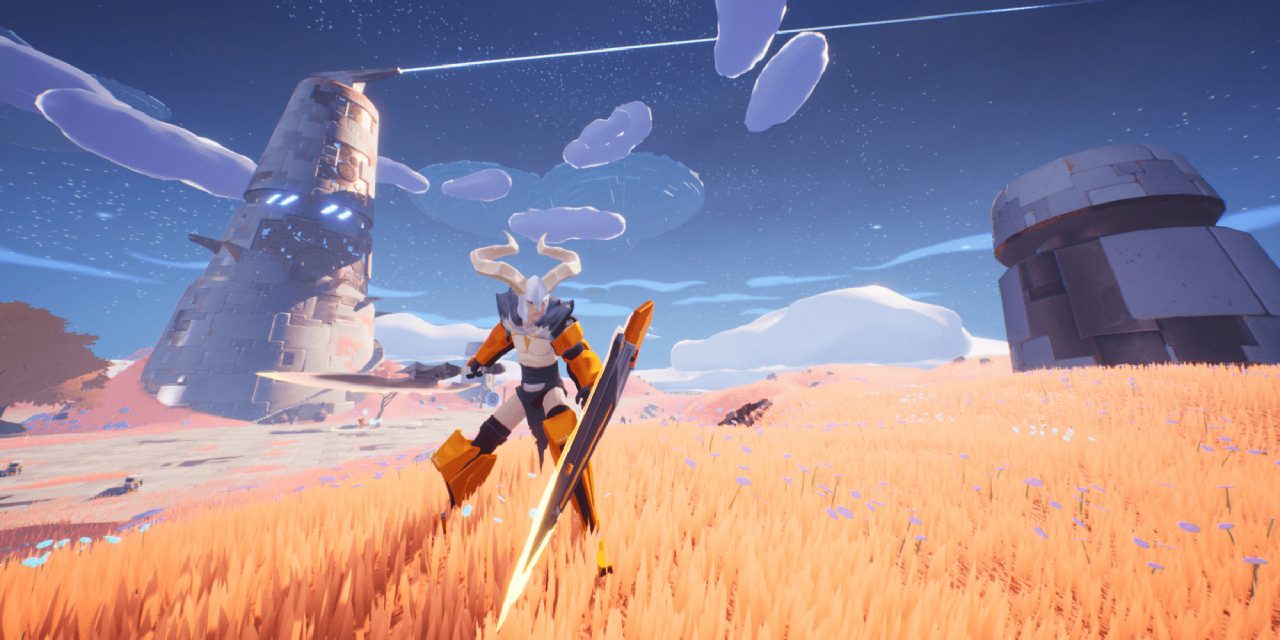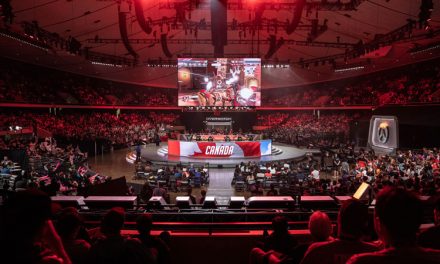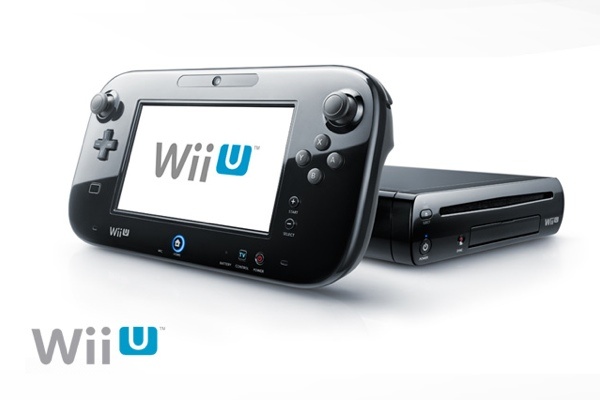The world loves a gimmick but nothing comes close to the video game industry’s penchant for pushing products that make late-night infomercials seem like fine art. The Wii and its tens of useless peripherals, which included a pack of 28 sports-related controllers, is the usual source of plastic shovelware. However, Xbox’s motion-sensing Kinect is usually included in lists of fads that, happily, died out long before they could become an annoyance, as well.
While it’s still debatable whether the landmark technology known as blockchain can be considered a gimmick, it’s still difficult to see beyond the fact that the digital ledger seems to be the beau of start-ups and small, optimistic firms rather than mainstream companies – even a decade after its invention. The growing popularity of Non-Fungible Tokens or NFTs as a blockchain-based concept has done little to reposition the latter technology as a part of everyday life, given the many problems NFTs have caused so far.
Hellraiser
Gaming companies seem to have their collective hearts set on introducing NFTs to future titles, though. Already, GameStop, Zynga, Square-Enix, Ubisoft, Sega, and EA have thrown their metaphorical hats into the NFT ring, hinting at the possibility of a revolution in how players experience and pay for games in the future. The impact could be variable. NFTs are just digital receipts for something, be it a JPEG of an album cover or a gorilla suit in an MMO, but their utilisation in gaming so far has been close to useless.
Take Behaviour Interactive’s (Dead by Daylight) decision to sell an NFT character model of horror movie icon Pinhead, for example, which granted the purchaser ownership of something that is otherwise freely available. PC Gamer notes that the primary benefit of owning the Hellraiser antagonist is access to more NFTs. It’s a self-perpetuating marketplace, in other words. To put that another way, imagine buying a real-life football that opened up the possibility of acquiring even more footballs. Fun for collectors, maybe, but not so much for the general public.
Digital Goods
Such an eclectic approach to buying things isn’t new, of course, but the idea of making small, frequent purchases in an entertainment product is perhaps more familiar to casino gamers than fans of conventional titles. There are hundreds of slot titles online that reward cash based on a return-to-player (RTP) property. The Casino Smash website notes that these real money games can have up to 99% return, as is the case with the Mega Joker slots game, but the figure is generally a little lower than that. It’s not a mechanic that has ever worked well in video gaming, though.
The problem for gamers is that developers and publishers are already taking sides. While Kotaku recently noted the perils of evading the NFT gimmick for creators, major storefront Steam effectively ended the possibility of any mainstream uptake on the PC platform when owner Valve banned cryptocurrency and NFT-based games. Laconic at the best of times, Steam imposed the ban quietly but it likely has something to do with a dislike for digital items with real-world value. How that meshes with the usual, acceptable microtransactions and Steam’s own marketplace for digital goods is anybody’s guess.
All in all, NFTs are a problematic fad yet a potential black hole for players’ money.








![[Rumour] Tales of Xillia Remastered appears in some retailers](https://vgleaks.com/wp-content/uploads/2024/07/Tales_of_Xillia_Test_Screenshots_30-pc-games-150x150.jpg)









